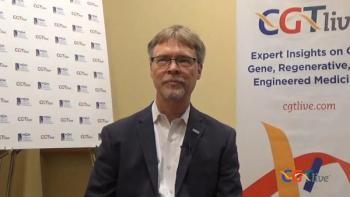
The director of the Manton Center for Orphan Disease Research at Boston Children’s Hospital discussed investigations into liver toxicity and deaths after AT132 gene therapy.

The director of the Manton Center for Orphan Disease Research at Boston Children’s Hospital discussed investigations into liver toxicity and deaths after AT132 gene therapy.
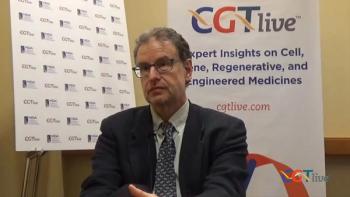
The deputy director, Division of Rare Diseases Research Innovation, NCATS, NIH, discussed initiatives including the BGTC and the platform vector gene therapy project.
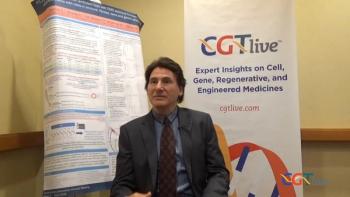
The lead scientist at Percheron Therapeutics discussed how ATL1102 could target inflammation as a secondary cause of muscle damage in DMD.
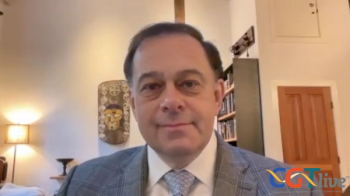
The clinical research director of the UCSF Multiple Sclerosis Center discussed the difference between developing targeted therapies for well-understood diseases like SCD and less well-understood diseases like MS.
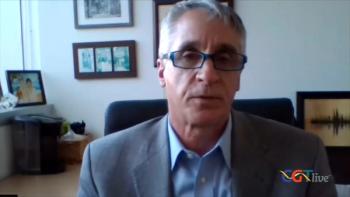
The director of Cell Therapy and Transplant at Penn Medicine discussed how experience with CAR T in oncology has enabled the use of the technology in autoimmune diseases.
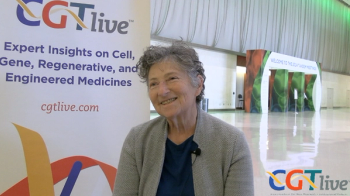
The endowed chair in cellular and molecular medicine at Boston Children’s Hospital discussed past, present, and potential future applications of siRNA in the treatment of various diseases.
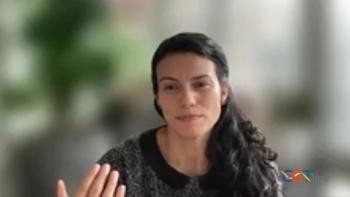
The Assistant Professor of Medicine at Weill Cornell Medical College shared the background rationale of her retrospective analysis presented at Tandem 2024.
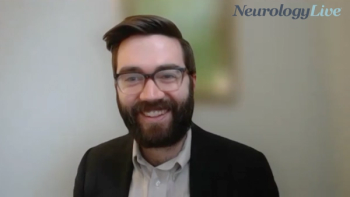
In observance of Rare Disease Day 2024, the vice president of public policy and advocacy at the Muscular Dystrophy Association discussed advocacy and policy progress regarding rare neuromuscular diseases.
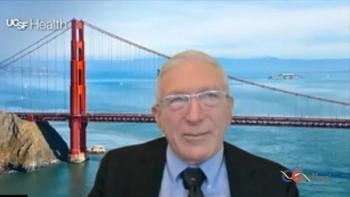
The pediatric gastroenterologist and professor in residence at University of California at San Francisco discussed challenges in investigating therapies for rare diseases.
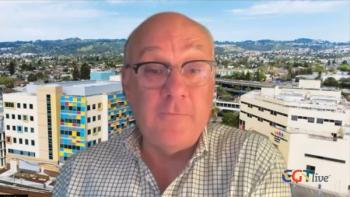
The professor in residence of pediatrics at University of California San Francisco discussed his experiences investigating Lyfgenia in clinical trials.
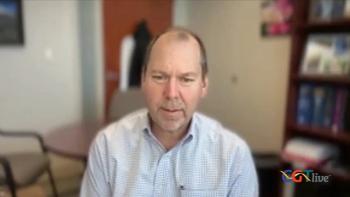
The professor of medicine at Duke Cancer Institute discussed findings from an early access program of the therapy, recently approved as Omisirge.
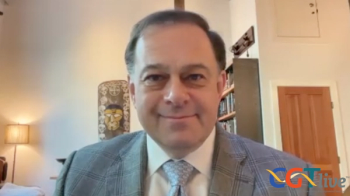
The clinical research director of the UCSF Multiple Sclerosis Center discussed situations where CAR-T clinical trials may or may not be a good option for patients with various neurologic autoimmune diseases.
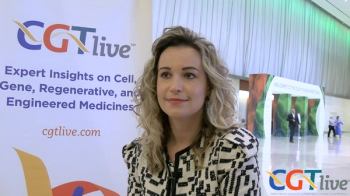
The hematology coordinator for pharmacy at Froedtert and the Medical College of Wisconsin discussed the advantages of each of the 2 modalities in the third and second line settings.
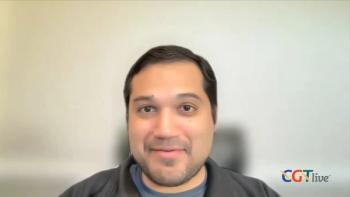
The assistant professor dermatology at the Northwestern University Feinberg School of Medicine discussed how Vyjuvek’s approval changed the treatment landscape of DEB.
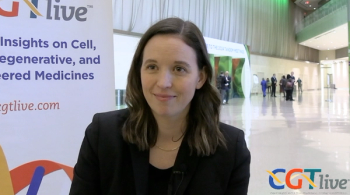
The transplant infectious diseases physician at Dana-Farber Cancer Institute discussed a case study she presented at the 2024 Tandem Meetings.
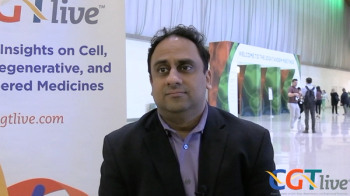
The associate professor of medicine at Medical College of Wisconsin discussed clinical results from patients with CLL and Richter’s transformation treated with CD19/CD20-targeted CAR-T LV20.19.
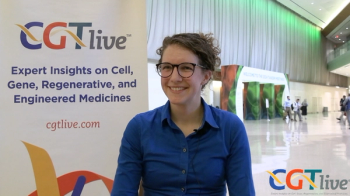
The pediatric oncology pharmacist at Mayo Clinic discussed the incorporation of the recently FDA-approved gene therapies for SCD and TDT into the work of pharmacists.
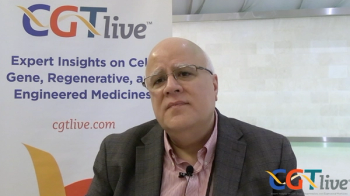
The medical director of Pediatric Hematology/Oncology at Sarah Cannon Research Institute discussed the pros and cons of potentially curative treatment options for SCD.
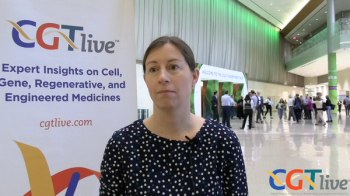
The physician from St. Jude Children’s Research Hospital discussed the importance of involvement from patients and families while researching the long-term impact of CAR-T.
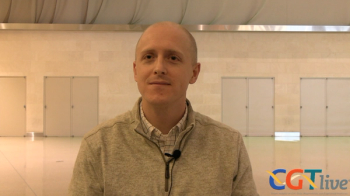
The assistant clinical director of the Center for Gene and Cellular Immunotherapy at Washington University in St. Louis discussed Atara Biotherapeutics' tabelecleucel and AlloVir’s posoleucel.
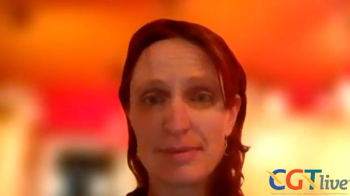
The assistant professor of neurology at University of Washington, Seattle Children's discussed efforts to address a gap in knowledge in the long-term effects of CAR-T, if any, on children’s neurological development.

The founding president and chief executive officer of Parent Project Muscular Dystrophy discussed how far the field has come since founding the organization/
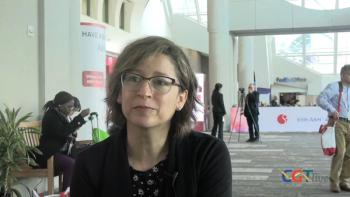
The assistant professor at Mayo Clinic School of Medicine discussed the design of the phase 1 trial.
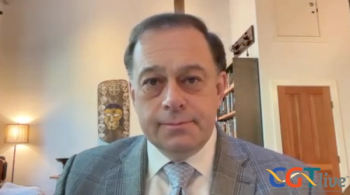
The clinical research director of the UCSF Multiple Sclerosis Center also discussed the high expense of producing individualized therapies like CAR-T.
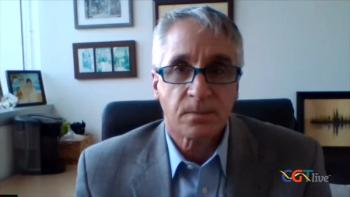
The director of Cell Therapy and Transplant at Penn Medicine discussed the potential of CAR T-cell therapy to benefit patients with diseases including Lupus nephritis.
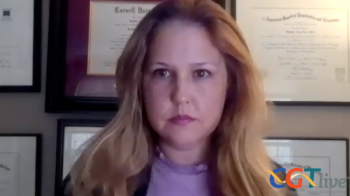
The executive director of global clinical development at Ultragenyx Pharmaceutical discussed the statistical findings she presented at the 2024 WORLDSymposium.
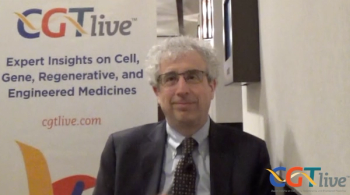
The chief of the Division of Rheumatology and professor of medicine and professor of epidemiology at Penn Medicine discussed challenges on the horizon in this rapidly emerging field.
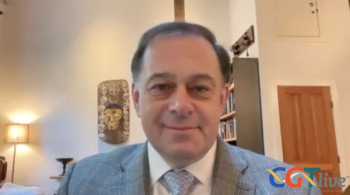
The clinical research director of the UCSF Multiple Sclerosis Center discussed the importance of rigorous clinical trial design for determining whether CAR-T will truly be of benefit in autoimmune disease.
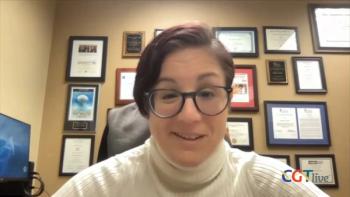
The director of the Adult Sickle Cell Clinic and associate professor at University of Alabama Birmingham pointed out access to a sickle cell specialist as one such priority.
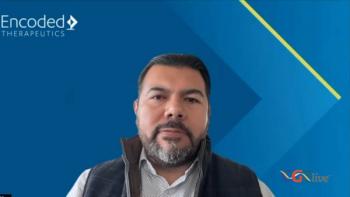
The chief medical officer of Encoded Therapeutics discussed ETX101 gene therapy and other initiatives in the company’s overall Dravet program.